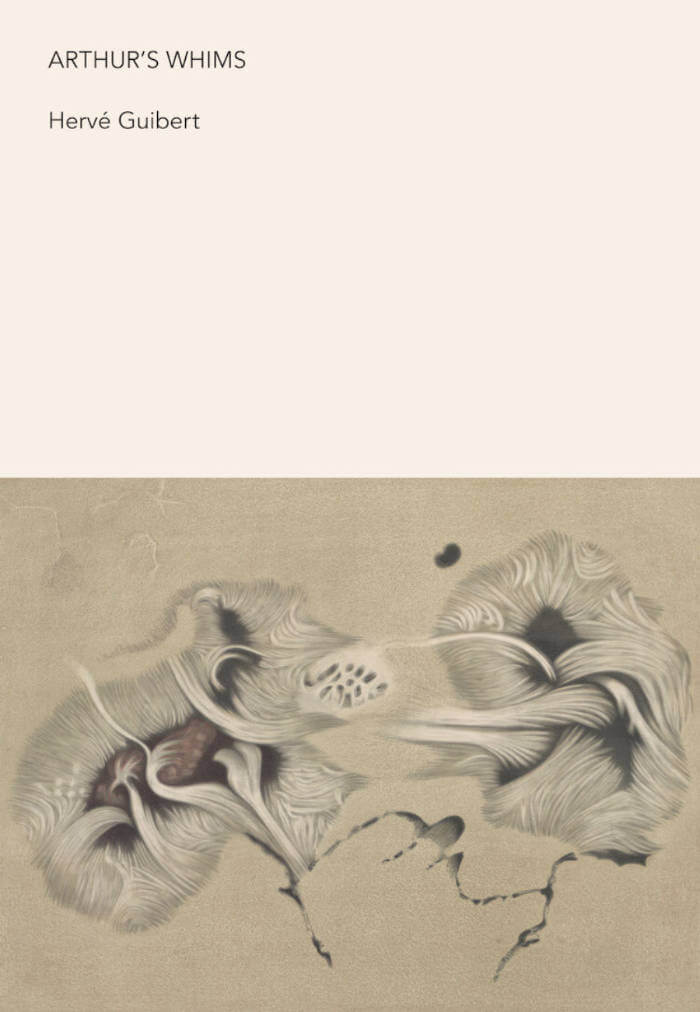
The Pepsi Cola Addict
The legendary lost novel in which fourteen-year-old Preston Wildey-King must choose between his all-consuming passion for Pepsi Cola and his love for schoolmate Peggy.
"He walked into the turbulent super market. There were people everywhere. His eyes swept over the shelves and stabilised on a large stack of Pepsi-colas. He could almost experience the cool fizzy liquid descending his parched throat."
Written by June-Alison Gibbons when she was only 16, The Pepsi Cola Addict is considered one of the great works of twentieth-century outsider literature. More than just a literary curiosity, however, this tale of a teenager whose passion for a well-known cola drink threatens to ruin his life is the uniquely vivid expression of a young woman trying to make sense of the confusing, often brutal world she in which found herself.
Published in 1982 by a vanity press who took £800 from its young author and gave her only a single book in return, it's thought that fewer than ten original copies still exist in the world.
Shortly after its publication, June-Alison and her sister Jennifer would become infamous as "The Silent Twins" and find themselves cruelly incarcerated for over a decade in Broadmoor Hospital. This author-approved edition makes June-Alison Gibbon's remarkable vision widely available for the first time.




